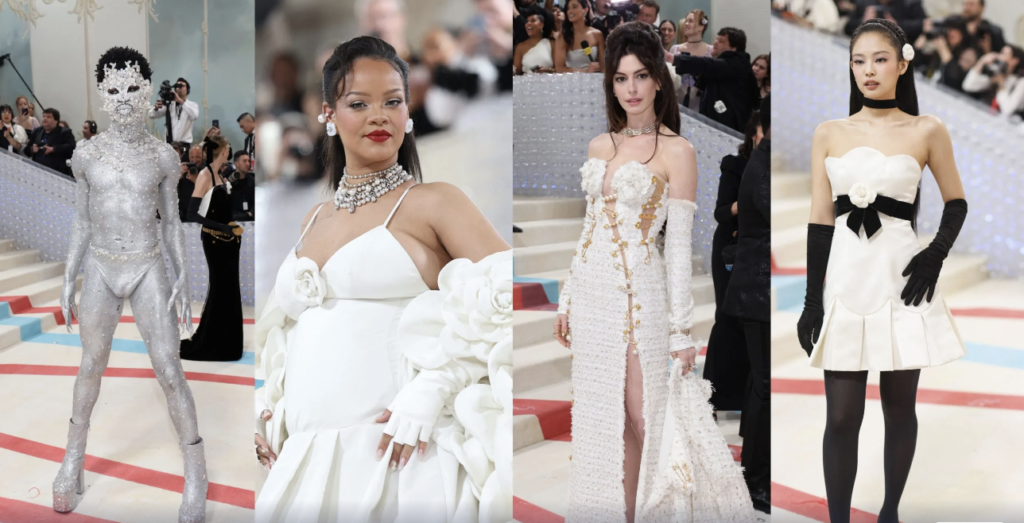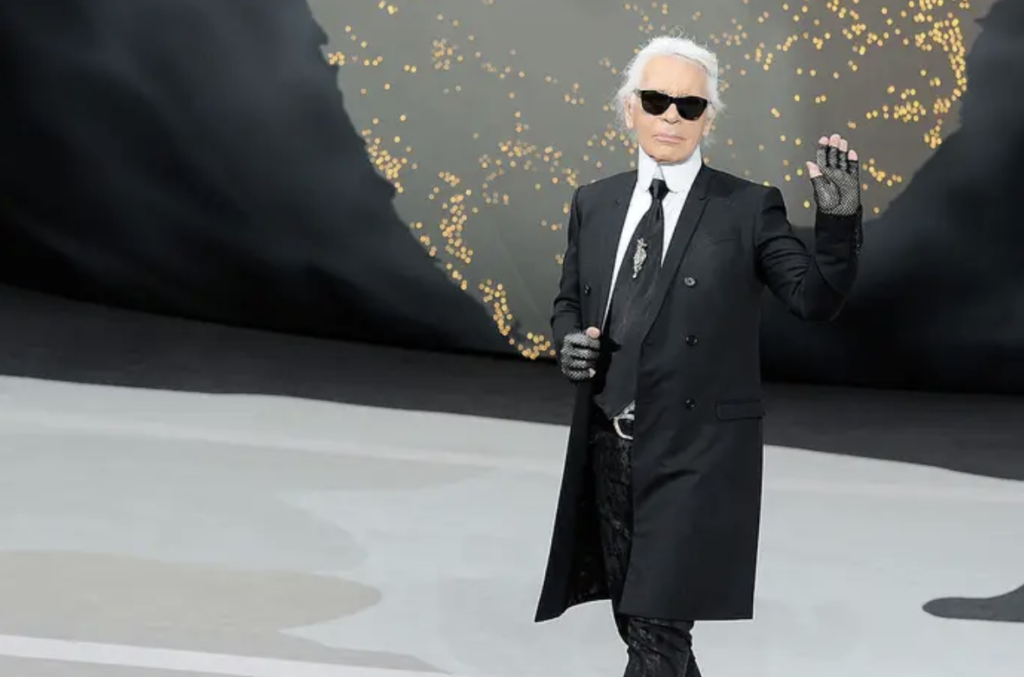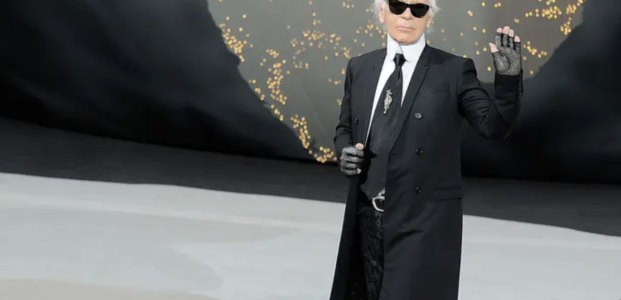CW: This article includes discussions of sexual assault, fatphobia, racism and misogyny, which some readers may find distressing. If you need to reach out to seek help or support, please contact 1800RESPECT.
On the first Monday of every May, one event always stands out far above the rest: the Met Gala, a charity ball that acts as a fundraiser for the Metropolitan Museum of Art’s Costume Institute that is attended by “it” celebrities, influencers and the hotshot names in the fashion industry. As one of New York City’s most lavish, decadent and prestigious events set in the yearly calendar since 1948, the Met Gala lights up our social media screens and news outlets with glittering sophistication and eye-balling fashion innovation and creativity. It’s enough to enchant people all over the world and keep us low-status folk bewitched by the high-brow lives of the wealthy.

But under this sparkling façade of glamour, it’s no secret that the ball is riddled with controversy and hypocrisy.
In recent years, many people are increasingly boycotting the Met Gala due to its blatant portrayal of the ‘wealth gap’ between the rich and the poor in light of the COVID-19 pandemic, revealing an uncomfortable truth of the disappearing middle class and a fickle sociopolitical climate. I myself have stopped caring about the elaborate fashions and looks that clog my social media, especially since so many of these appear completely ridiculous and impractical.
All in all, the very nature and existence of the Met Gala has been a topic of contention as a whole, but there’s an even more pressing issue regarding the chosen themes for each year. This year’s Met Gala theme was Karl Lagerfeld: A Line of Beauty. You might recall Karl Lagerfeld as the main creative voice behind the modern revival of Chanel, until his death in 2019.
This theme could have been fine had Lagerfeld not had a past of questionable and bigoted comments that he openly made in the public eye.
During his career, Lagerfeld made a number of remarks that were controversial, backward and insensitive, which were the root of much backlash to the announcing of the Met Gala theme for 2023. For example, Lagerfeld condemned Germany’s intake of Muslim refugees, believing them to be “an affront to Holocaust victims”. He (unapologetically) body-shamed Adele and Heidi Klum for being “too fat” and “too heavy” respectively, and later stated that being anorexic is not as dangerous as eating junk food. He verbally expressed his disdain for curvy women in the fashion industry. In 2010, Lagerfeld applied blackface and yellowface makeup on supermodel Claudia Schiffer for German magazine, Stern Fotografie. He reduced feminists to the label of ugly.

But what is the most alarming and problematic is the fact that Lagerfeld explicitly defended stylist Karl Templer in the wake of a number of sexual misconduct allegations made against him by models in the industry. While Templer denied these allegations, Lagerfeld was quick to say he was “fed up” with the increasing number of sexual assault allegations in light of the #MeToo movement. He stated:
“I read somewhere that now you must ask a model if she is comfortable with posing. It’s simply too much; from now on, as a designer, you can’t do anything … It’s unbelievable. If you don’t want your pants pulled about, don’t become a model! Join a nunnery …”
The fact that Lagerfeld instantly and repeatedly chose to side with an alleged perpetrator is extremely troubling, especially during a time where women must overcome judgement, scrutiny and other challenges in order to have a voice and speak up. Lagerfeld, considered a leader in modern fashion, made remarks that, instead of offering much-needed support and being a spokesperson for change, perpetuated victim-blaming and workplace harassment. Such a response naturally set an unacceptable precedent for other industries to not address similar allegations.
As a result of the chosen theme for 2023, the team behind the High Fashion Twitter Met Gala (who usually host a digital companion event during the night), refused to celebrate the Met Gala as a result of Lagerfeld being the theme. Yet this is not the first time an event has been caught under fire. The 2015 theme, China: Through the Looking Glass, was criticised for evoking the exoticism and misappropriation of fashion in Chinese culture. “Heavenly Bodies: Fashion in the Catholic Imagination” in 2018 was selected as the world spiralled with allegations of abuses in the Catholic church and the weaponisation of religion as a force against women’s and LGBTQIA+ rights. Most recently, “Camp: Notes on Fashion” failed to address the queer origins of the tradition.
It’s 2023: are we really choosing to celebrate Lagerfeld and participate in a theme that fails to hold him accountable? I thought we were better than that. Choosing this as the Met Gala theme, where women are still fighting for justice and to make people take them seriously? Come on. It’s not good enough.
Do we want to continue celebrating a tradition of ham-fisted, vapid and tokenistic themes, designed for the rest of the world to fawn over the rich and famous? It’s a no from me.
The Met Gala needs to undergo radical change in order for it to remain relevant. The ball is not an excuse to celebrate problematic people, suppress the voices of women and the marginalised and engage in one-dimensional themes without addressing the real issues. And for that, shame on them.

